“Because peeing standing up causes cancers such as prostate cancer in men, men need to pee crouching like women.” We examined the claim. Reliable scientific research gives a clear answer to this question.
Prostate cancer is the most common type of cancer in men. In cancer-related deaths is in second place. The prostate is a glandular organ in men, approximately the size of a walnut, located under the bladder, producing various secretions for reproductive activities. Prostate cancer is the abnormal course of some cells that make up the prostate tissue. tumor structures occur as a result.
Cancers can develop in only one part of the prostate, or they can develop in more than one part. This disease, which is usually seen over the age of 65, may not give any symptoms in its early stages. But if left untreated, it will grow over time. pressure on the urethra can create. In such patients, some complaints about urination occur.
“Does peeing standing up trigger prostate cancer?” The question has been discussed many times so far, and the number of people who believe that there is a cause-effect relationship between them is quite high.
.
British scientist Raglan W. Barnes stated that urinary bladder (bladder) stones are very common in men in India in 1883 and that this is the case. urination positions thought it was related.
In 2012, Sweden’s Sörmland City Council non-permanent member Viggo Hansen introduced a bill that obliges the men on the council to sit in the council hall toilets and urinate. on news sites It went viral and became quite popular.
Hansen suggested 3 things as the justification for this resounding suggestion: toilets can be kept much cleaner, men’s reduce the risk of prostate cancer and finally, it will improve men’s sex life…
So what does scientific research reveal about it? Is it really unhealthy to urinate while standing?
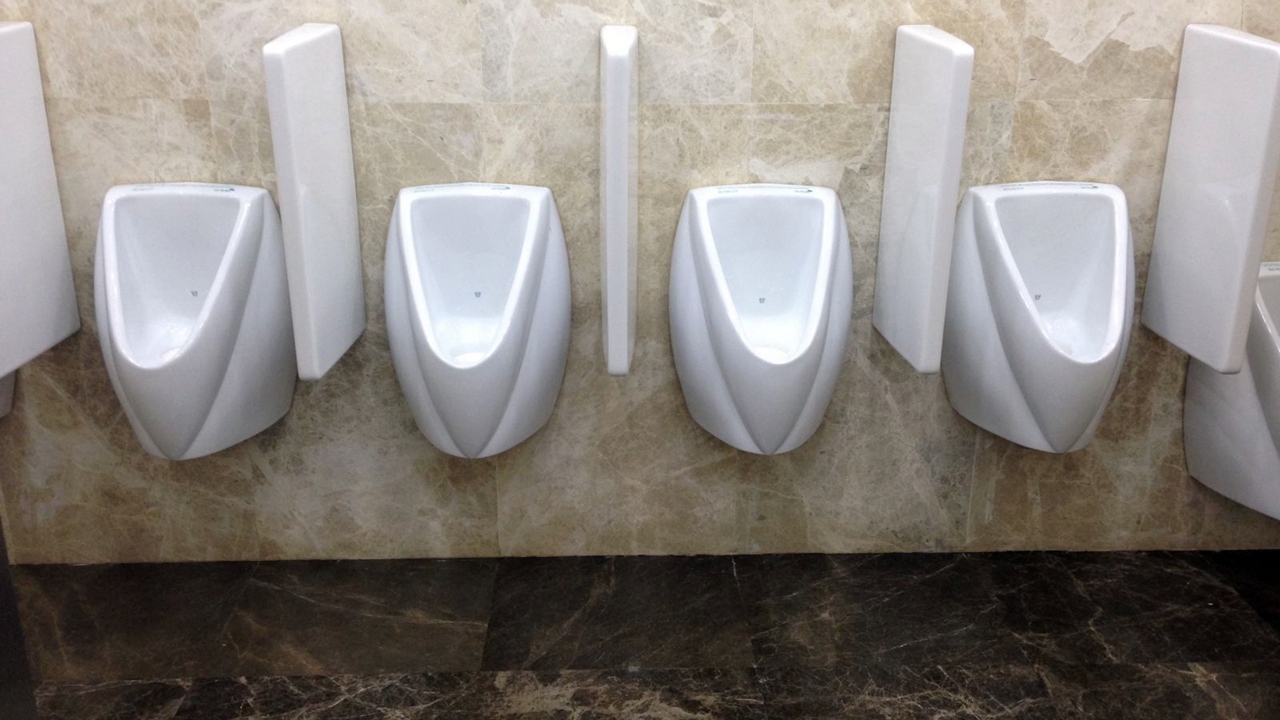
No studies have found that men have any significant symptoms of standing urination or any disease, including prostate cancer. no link was found.
In a study, values such as maximum urine flow rate, urine volume remaining in the bladder after urination, and urination time were examined. According to the results of the study, the values during standing and sitting urination in young or young-middle-aged men who have not yet started prostate complaints are among the values. no difference was found.
However, sitting position urination is recommended for men over 50.
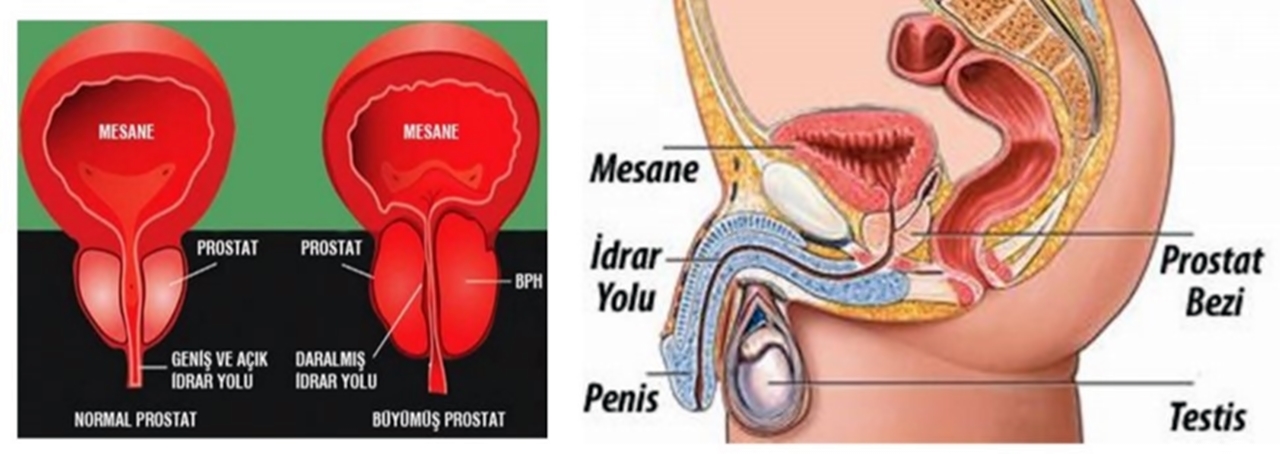
enlarged prostate gland obstruction in the urinary tract lower urinary system complaints (for example, weakening of the urine stream, frequent urination, forked or scattered urination, inability to empty all the urine at once, and waking up to urinate at night) are observed in patients.
over 50 Men urinate faster and more in a sitting position, resulting in less urine remaining in the bladder. When older men try to urinate standing up, they contract their pelvic muscles more to maintain their balance, and in this case, the urine flow and discharge function are disrupted.
In the sitting position, the pelvic muscles relax, the bladder muscle and even the abdominal muscles contract and more urine is discharged with a stronger current. While urinating while standing, the anal sphincter (the muscle that provides control of the large toilet in the rectum) contracts with the fear of gas or stool (large toilet) leakage. During this contraction, the pelvic muscles also contract and urine flow is blocked.
So, is it more hygienic to pee standing up?
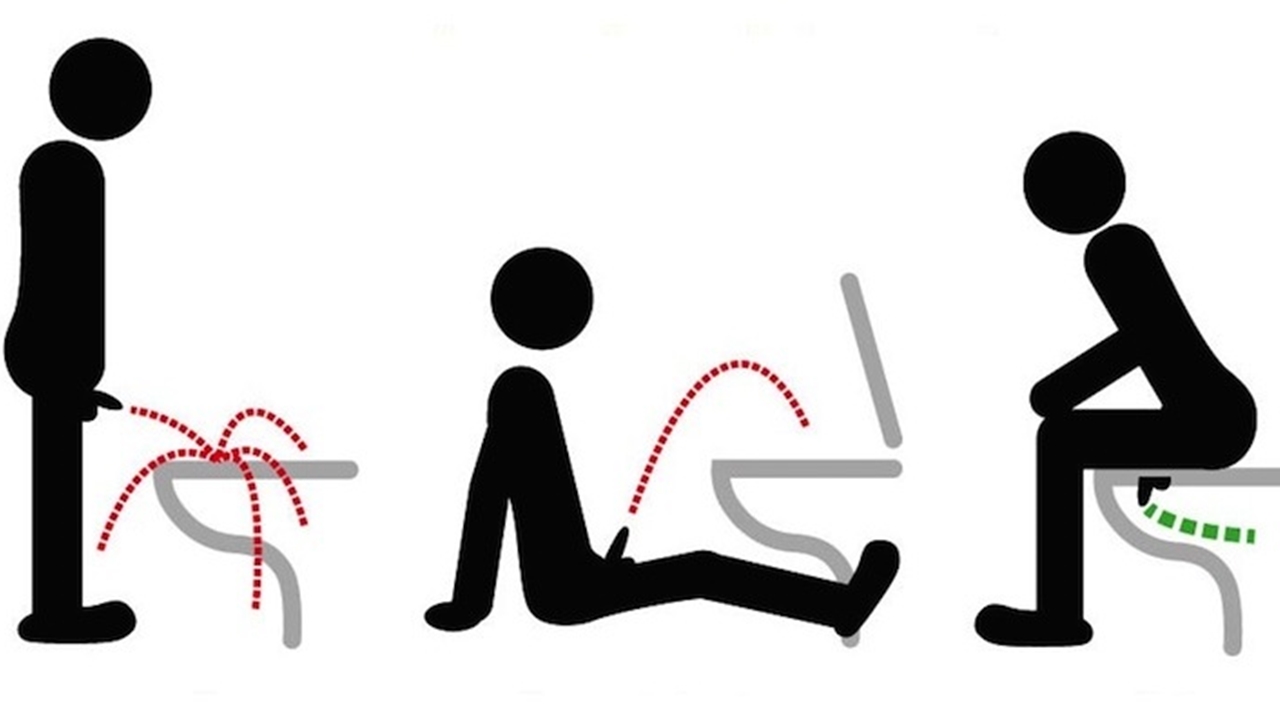
While standing, urine may splash on clothes and around. In addition, when urinating while standing, the bladder does not empty completely, and the remaining urine causes wetness and contamination in the laundry. Urine remaining inside can be emptied by draining the urethra from back to front. The hygienic conditions of the environment where urination will be performed are also very important. hygienically when there is no suitable environment Urinating while standing may be healthier.
In the choice of sitting down, the penis of the man will mostly face the opposite direction. Therefore, in a natural sitting position, it is not possible to urinate in the toilet without touching the penis manually. This includes peeing standing up and peeing sitting down. no difference in terms of hygiene makes it.
Sources of illness in public restrooms are often on the toilet seats are microbes. Sitting on them just so that urine does not splash around is not much different from raising an eye when making an eyebrow.
In summary, for older men, sitting or squatting urination is better for health. There is no difference in standing or sitting urination for young-middle-aged men.
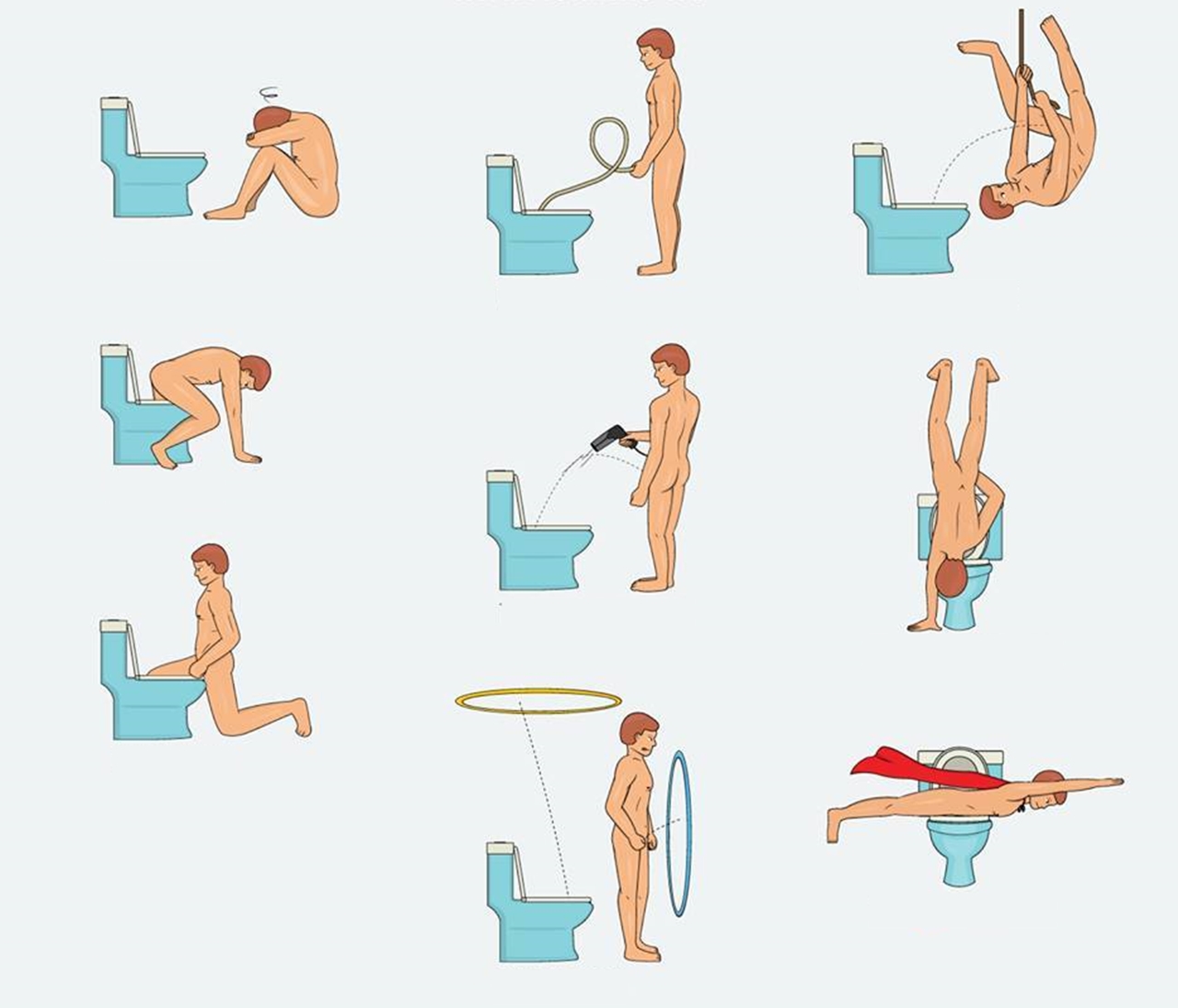
University of Pittsburgh professor of urology, Dr. Benjamin Davies says: “The claim that sitting peeing will have any health or sex life benefit is bullshit. There is no connection between peeing and sex life. And there’s not the slightest hint of any benefit to the prostate. There isn’t even a reason. If you’re a healthy man, your prostate muscles are already relaxed during urination. Sitting peeing is a cultural or psychological choice; it has nothing to do with health. If you’re tired, sit down.”
Standing urination has no effect on prostate cancer, but other causes of prostate cancer should be investigated and this serious disease should not be taken lightly.
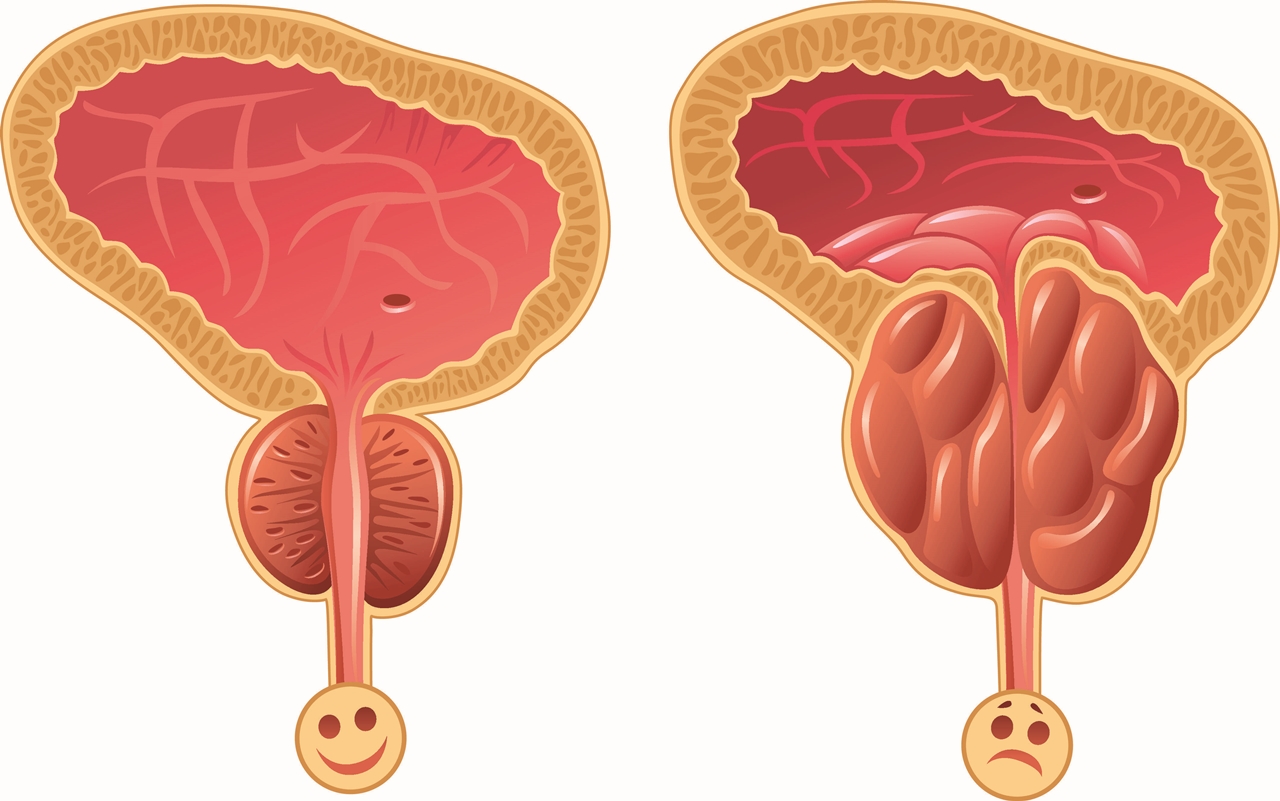
Microscopic prostate cancer is detected in 50% of men over the age of 70 and in almost all of those over the age of 90. Disease from 50 years It is not common in young individuals. For this reason, prostate cancer screening is recommended for men over 50 for early detection.
Studies have shown that approximately 15% of patients have a history of prostate cancer in other family members. Some gene groups responsible for the formation of prostate cancer have been identified. Besides these, obesity and smoking It is also among the risk factors identified for prostate cancer.
Sources: Urology Specialist Assoc. Dr. Abdulkadir Tepeler, Prostate Diseases, Çağrı Mert Bakırcı (Tree of Evolution), Acıbadem
